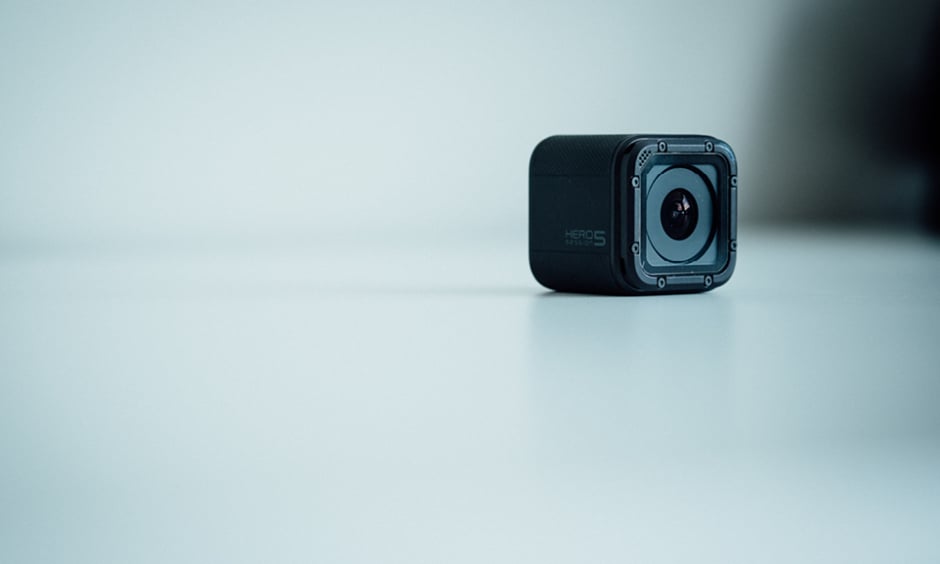A CAPSULE that can be swallowed could be the answer to accurate diagnoses of small intestinal bowel overgrowth (SIBO), which is estimated to effect approximately 20% of the general population and is even more prevalent in those with diabetes, celiac disease, and Crohn’s disease. There is the potential for this experimental device to significantly improve the two current diagnostic approaches, both of which have advantages and disadvantages to their use: small intestinal aspiration is accurate but invasive, and breath testing is noninvasive but has a reported diagnostic accuracy as low as 55.1%.
The characteristic abnormally high bacterial counts in the small intestine seen in SIBO result in symptoms including diarrhoea, constipation, abdominal pain, distention, and bloating. Despite the high prevalence in the general population and those with a comorbidity, the condition is said to be underdiagnosed, speculated to be a result of the limitations associated with the current diagnosis approaches and the hallmark symptoms being dismissed if upper endoscopy and colonoscopy results are negative.
The capsule uses a single-use camera to determine its location in the intestine, and when it reaches the jejenum (a common aspiration location), exposes and saturates an assay sponge with jejunal fluid and measures the bacterial count. Instead of the standard culture procedure used with the intestinal aspirate, the information from the assay sponge is transmitted to a small, wireless receiver that is worn by the patient, where an algorithm determines whether the calculated bacterial concentration meets the diagnostic threshold (widely agreed upon as ≥105 colony-forming units per mL). This data is then shared with the physician via a mobile phone application or a computer interface to then make the diagnosis.
Dr Mitchell Jones, the vice president of translational and clinical development at Progenity Inc., San Diego, California, USA, who are developing the device, provided an update on the status of the capsule commenting: “We’re in the process of conducting clinical trials of the device for diagnosing SIBO and have met with the FDA twice regarding this diagnostic platform technology, and specifically regarding the SIBO indication.”
“If this capsule proves sensitive and specific, it will be a revolutionary tool for diagnosing SIBO,” said Satish Rao, the Harrison Distinguished University Chair in Gastroenterology and director of neurograstroenterology and motility at Augusta University, Augusta, Georgia, USA, where the capsule is undergoing trials.








